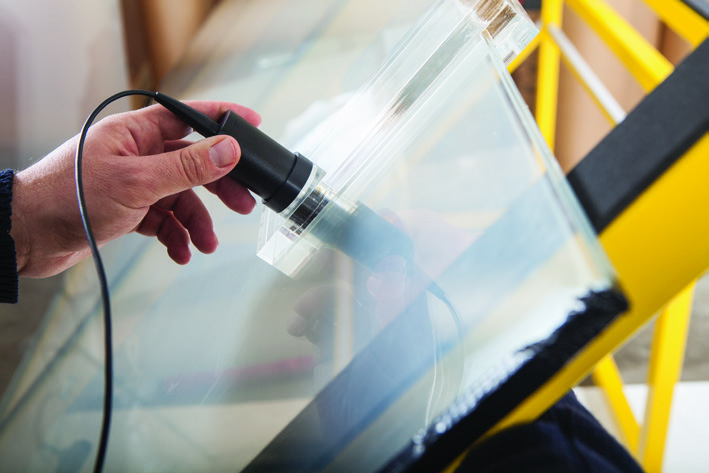Introduction
Imagine a world where your windows instantly adapt to your preferences, offering a perfect blend of natural light, privacy, and aesthetics. This is the promise of smart glass, a revolutionary technology that is transforming the way we perceive and utilise interior spaces.
In this blog, we’ll delve into the captivating realm of smart glass, exploring its applications, benefits, challenges, and future prospects.
Understanding Smart Glass Technology
At the heart of smart glass lies an ingenious technology that responds to external stimuli, altering its transparency and opacity. Electrochromic, thermochromic, and suspended particle devices are the primary types of smart glass, each catering to specific needs. Electrochromic glass adjusts its tint with the application of voltage, thermochromic glass changes colour in response to temperature fluctuations, and suspended particle devices utilise microscopic particles to control light transmission.
Benefits of Incorporating Smart Glass
The advantages of smart glass are manifold. By dynamically controlling sunlight, it enhances energy efficiency and sustainability, reducing the need for excessive artificial lighting and air conditioning. Furthermore, smart glass maximises the utilisation of natural light while minimising glare, creating an optimal and comfortable environment for occupants. With the ability to switch from transparent to opaque, smart glass also provides privacy on demand, eliminating the need for traditional blinds or curtains.
Transforming Interior Design with Smart Glass
Smart glass has a profound impact on interior design. It blurs the lines between indoor and outdoor spaces, creating versatile environments that adapt to various functions and moods. In residential interiors, smart glass can seamlessly transition between open and private spaces, offering an unparalleled level of flexibility. In commercial settings, it can be utilised for interactive displays, partition walls, and even projection surfaces, revolutionising the way businesses engage with their clientele.
Installation and Maintenance
Installing smart glass involves integrating it into existing electrical and control systems. While professional installation is recommended, the rewards are substantial. To maintain its pristine appearance, routine cleaning with mild solutions and soft cloths is advised. This not only keeps the glass surface crystal clear but also ensures its longevity.
Tecdur is the leading manufacturer of smart glass for the UK and Ireland, our engineers are more than capable of installing and maintaining smart glass for your interior project.
Cost Considerations
The initial cost of smart glass installation may seem daunting, but it’s essential to consider the long-term benefits. The energy savings achieved through reduced artificial lighting and HVAC usage can lead to substantial financial savings over time. Moreover, the enhanced aesthetics and functionality of smart glass add significant value to properties.
Challenges and Limitations
While smart glass offers a myriad of advantages, it’s not without its challenges. Initial costs can be prohibitive for some projects, and the technology’s performance can be affected by extreme temperatures. Moreover, the transition speed between transparent and opaque states can be a limiting factor in certain applications.
Future Trends in Smart Glass
As technology advances, smart glass is poised to evolve further. Innovations in materials and manufacturing processes are expected to make smart glass more affordable and versatile. The integration of sensors and smart algorithms could enable glass to respond intelligently to changing environmental conditions, maximising user comfort and energy efficiency.
Comparative Analysis with Traditional Solutions
Compared to traditional window treatments, smart glass offers a seamless blend of aesthetics and functionality. Unlike blinds or curtains, which can appear bulky and obstructive, smart glass maintains the clean lines of modern design while offering privacy and light control.
Factors to Consider When Choosing Smart Glass
Choosing the right type of smart glass depends on factors such as the desired transparency levels, power source availability, and compatibility with existing systems. Careful consideration of these factors ensures that the selected smart glass solution aligns perfectly with the project’s objectives.
Integration with Home Automation Systems
The marriage of smart glass with home automation systems is a match made in technological heaven. Smart glass can be seamlessly integrated into smart homes, allowing users to control tint levels, privacy, and lighting through a central interface or even voice commands.
Addressing Privacy and Security Concerns
With great technology comes great responsibility. Ensuring the security of smart glass systems is crucial to prevent unauthorised access or hacking attempts. Implementing robust encryption and security protocols can safeguard both user privacy and the functionality of the glass.
Environmental Impact and Sustainability
As sustainability gains importance, smart glass emerges as an eco-friendly alternative. By reducing energy consumption and reliance on artificial lighting, it contributes to lower carbon footprints and increased energy efficiency in buildings.
Conclusion
In the realm of interior design, achieving elegance and efficiency is no longer a distant dream. Smart glass has emerged as a game-changer, redefining the way we interact with our living and working spaces. Its ability to seamlessly transition between transparency and opacity, coupled with its energy-saving potential, offers a glimpse into a more sustainable and comfortable future.
Who We Are
Tecdur is the leading manufacturer of smart glass for the UK and Ireland. Tecdur Switchable Glass provides the best clarity, lowest power consumption and lowest haze currently available. We can offer a wide range of specifications to meet project requirements with our switchable glass, cost is dependent on specification, application and design. Please get in contact with us to discuss further.
Please visit our portfolio for a look at completed projects. Keep up to date on our LinkedIn Showcase page
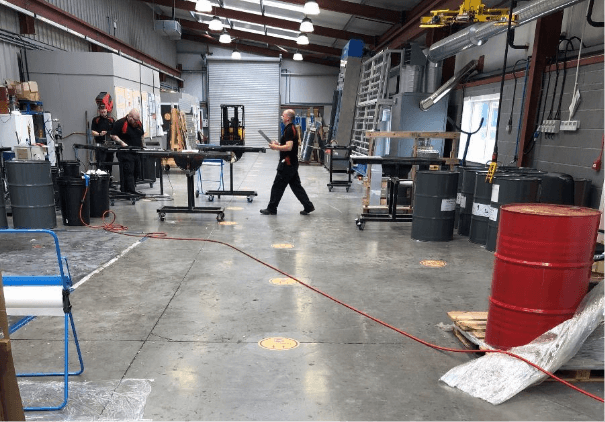

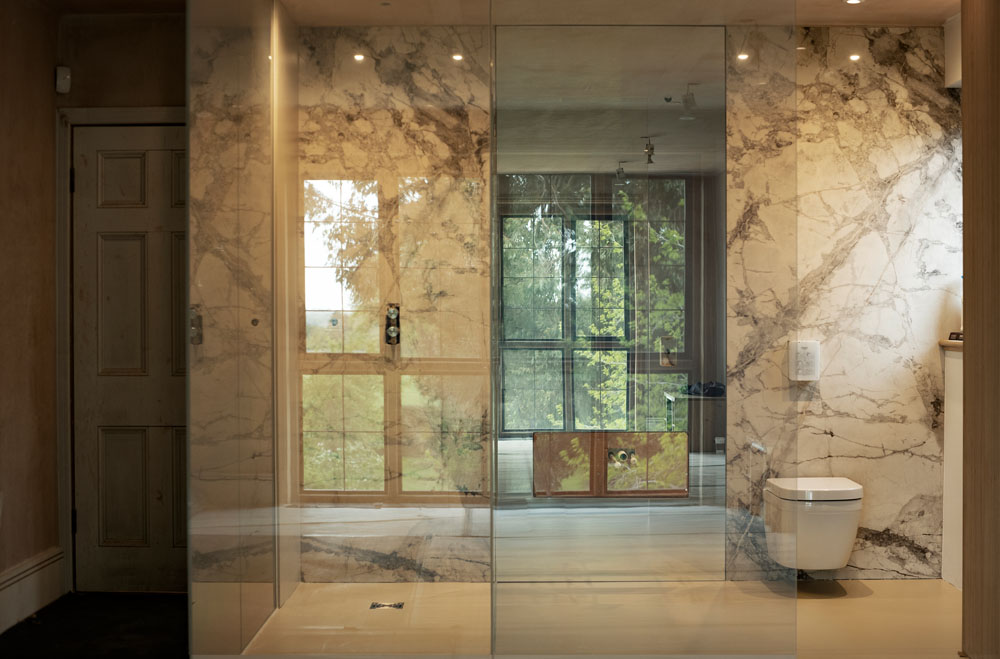
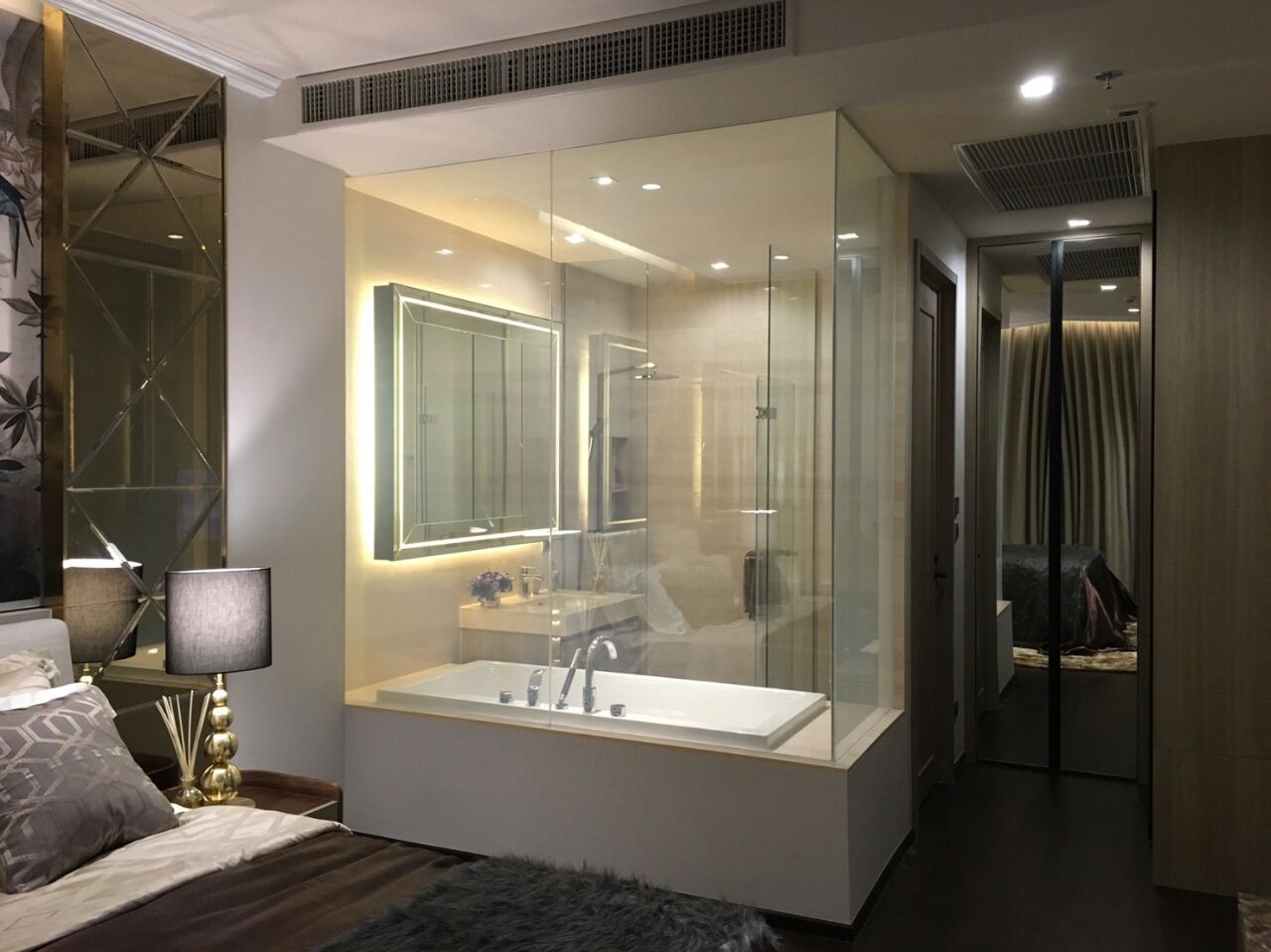
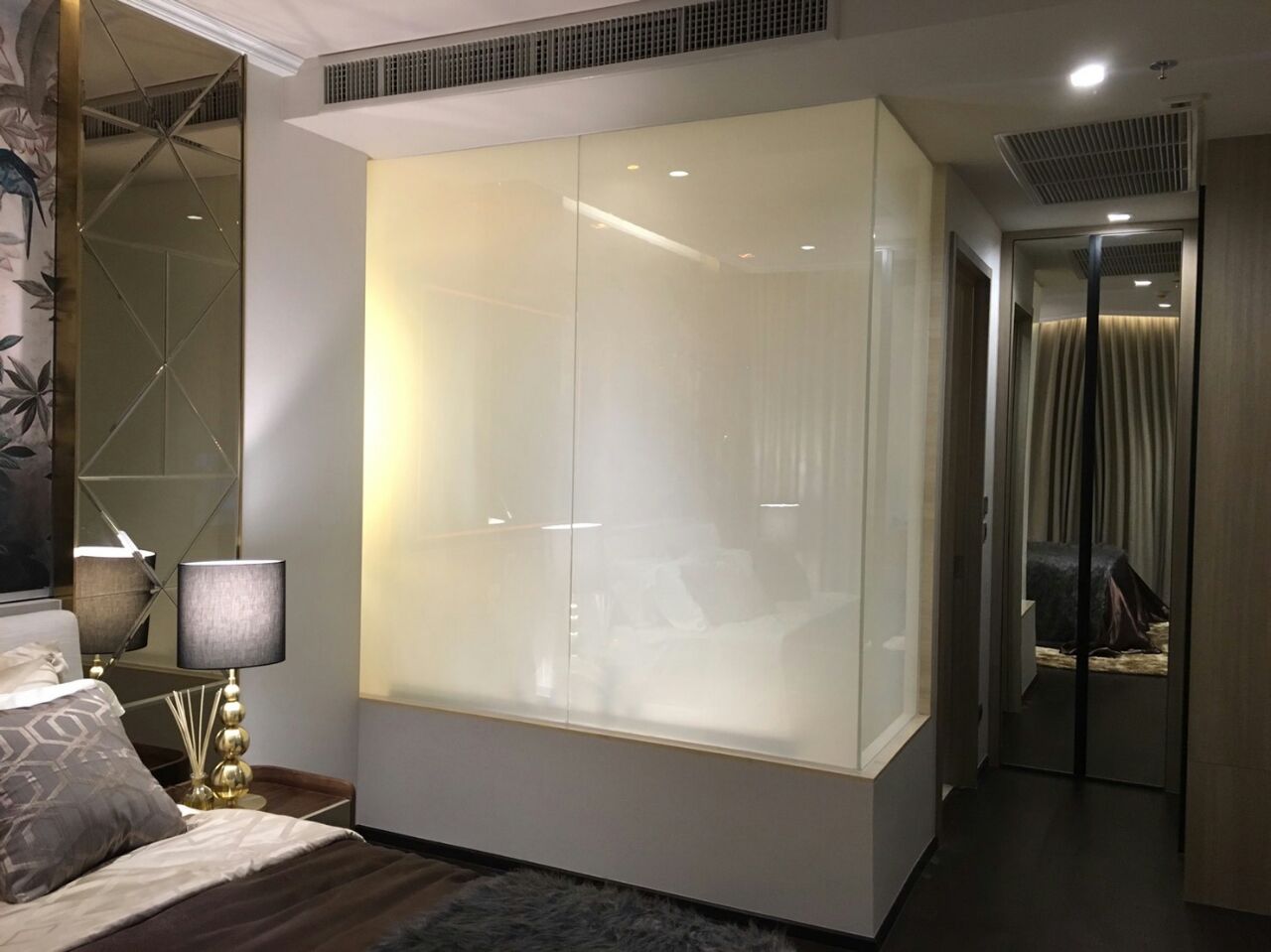
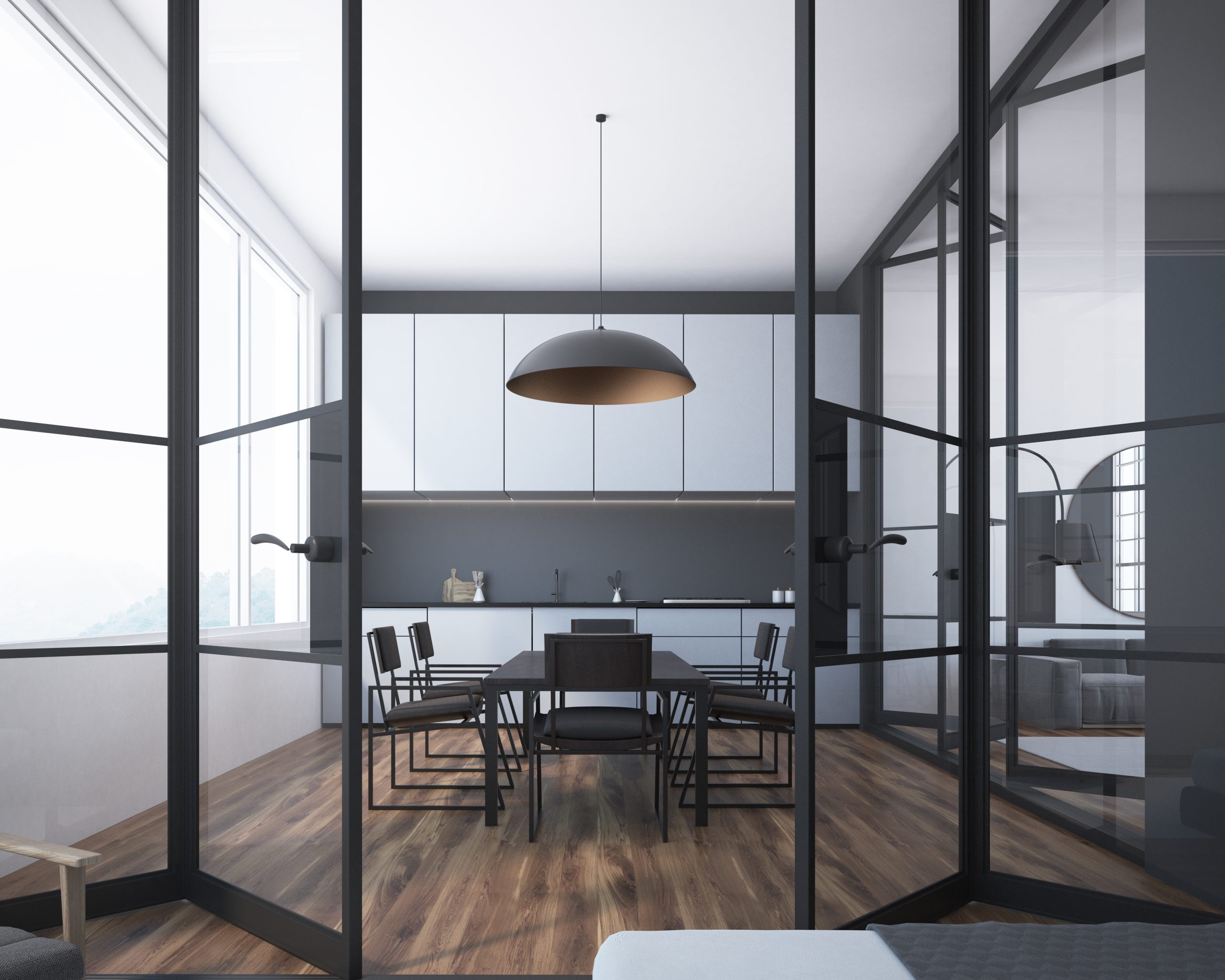
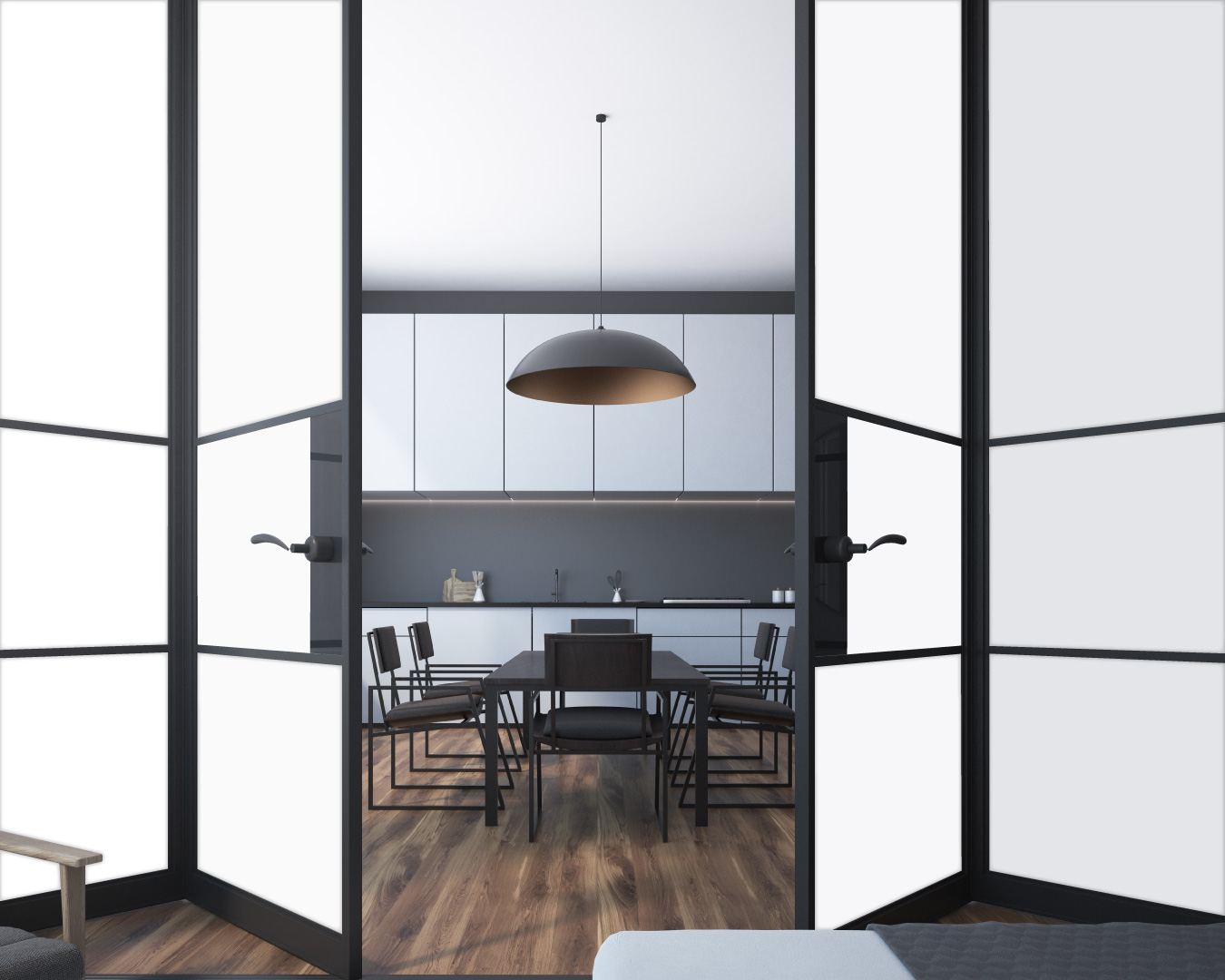
Frequently asked Questions
Our privacy glass works by utilising advanced PDLC (Polymer Dispersed Liquid Crystal) film. When an electrical current is applied, the liquid crystal molecules align, allowing light to pass through, making the glass transparent. When the current is switched off, the molecules mis-align, causing the glass to turn opaque or translucent, providing privacy.
Absolutely. Smart glass is incredibly versatile and can be used in homes, offices, hotels, and more.
By controlling the amount of sunlight entering a space, smart glass reduces the need for artificial lighting and cooling systems.
Yes, smart glass can often be retrofitted, but it's essential to consult with professionals to ensure a seamless integration.
Maintenance costs are relatively low, mainly involving routine cleaning and care to keep the glass surface in optimal condition.
The lifespan varies but is generally around 10-20 years, depending on usage and maintenance.
